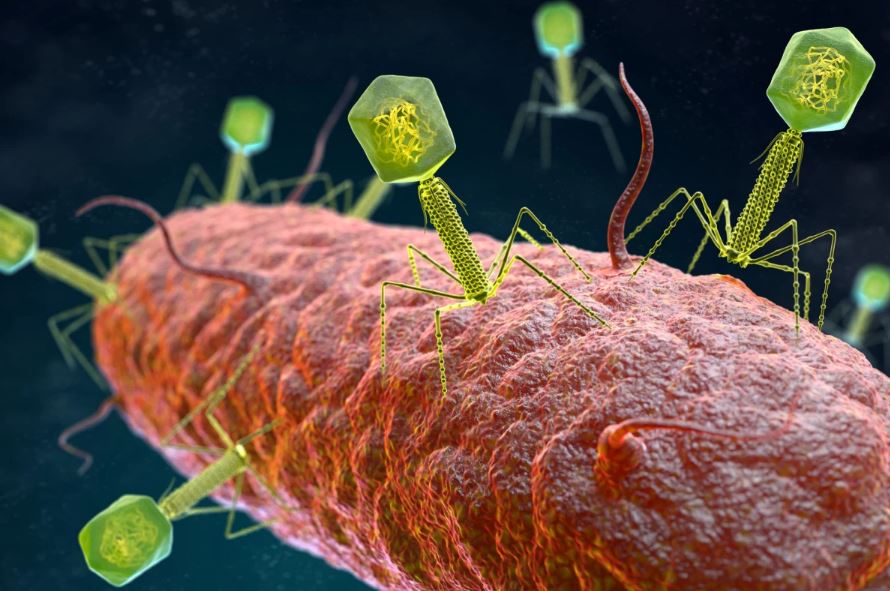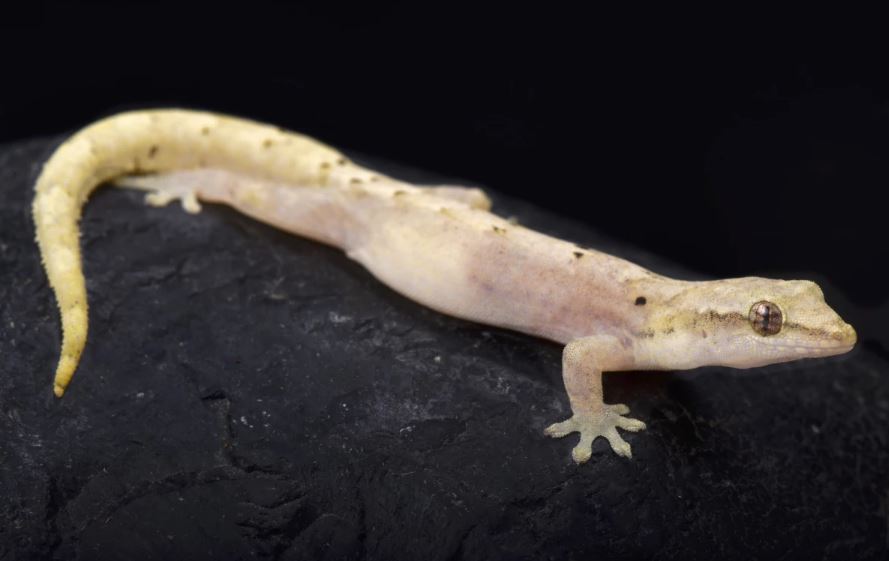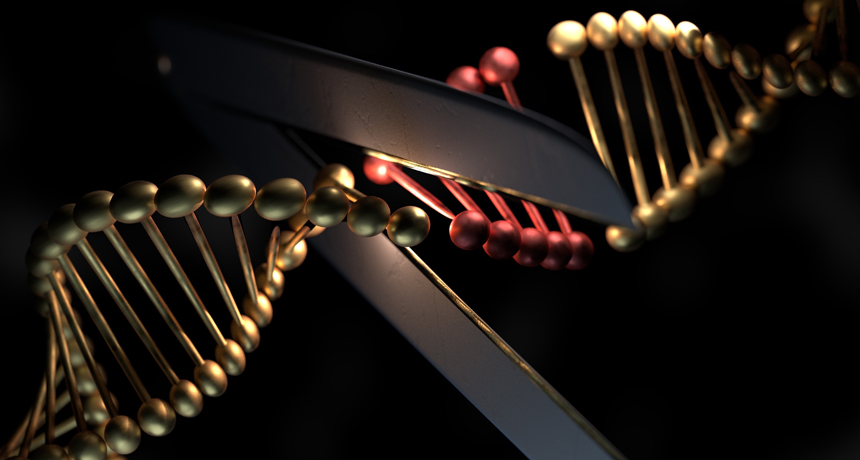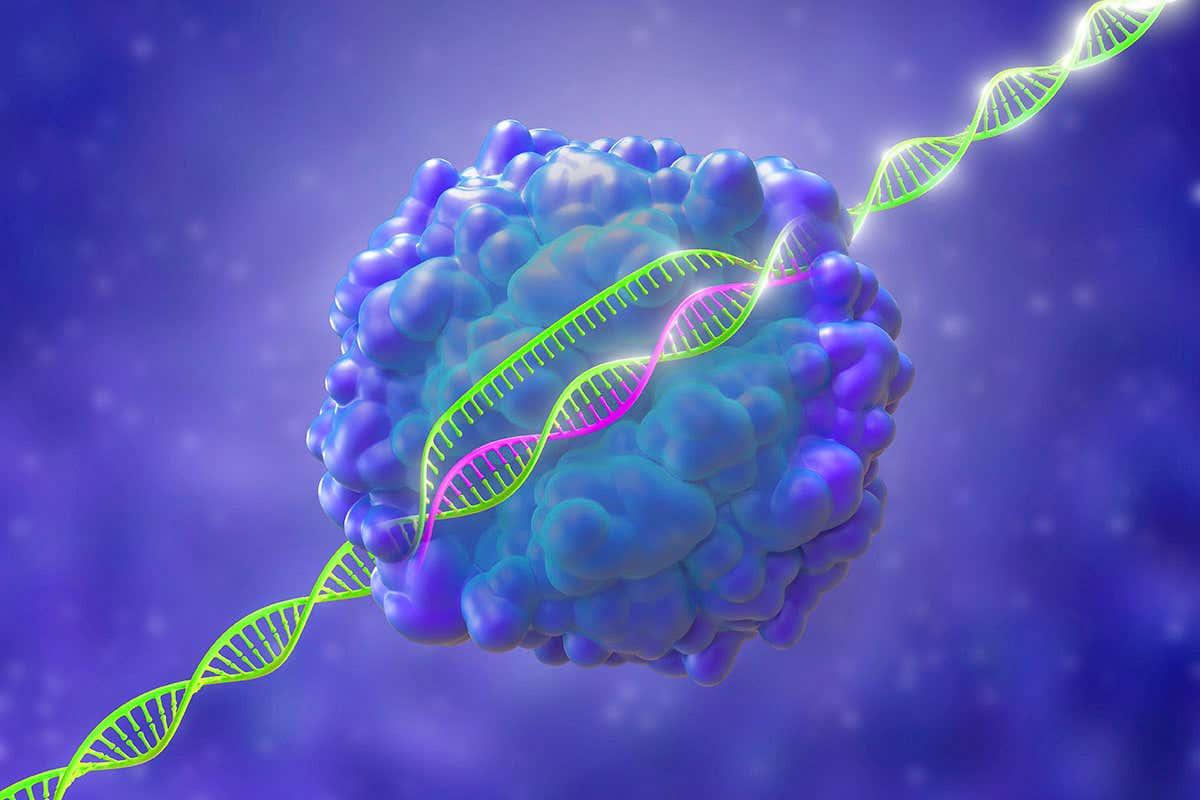CRISPR/Cas9 has apparently been turned into its first actual disease treatment -- at least a preliminary clinical study shows so. "Intellia Therapeutics, Inc. and Regeneron Pharmaceuticals, Inc. today announced positive interim data from an ongoing Phase 1 clinical study of their lead in vivo genome editing candidate, NTLA-2001, which is being developed as a single-dose treatment for transthyretin amyloidosis. The Phase 1 study, run by Intellia as the program's development and commercialization lead, is evaluating NTLA-2001 in people living with hereditary transthyretin amyloidosis with polyneuropathy. NTLA-2001 is the first CRISPR/Cas9-based therapy candidate to be administered systemically, via intravenous infusion, for precision editing of a gene in a target tissue in humans. NTLA-2001 is designed to inactivate the TTR gene in liver cells to prevent the production of misfolded transthyretin (TTR) protein, which accumulates in tissues throughout the body and causes the debilitating and often fatal complications of ATTR amyloidosis."
"These are the first ever clinical data suggesting that we can precisely edit target cells within the body to treat genetic disease with a single intravenous infusion of CRISPR."
So basically what they say they are doing is making a "lipid nanoparticle" encapsulating messenger RNA for the Cas9 protein along with a single "guide RNA" that targets the TTR gene.
For a bit of background into what the TTR gene is all about, they say, "Transthyretin amyloidosis, also called ATTR amyloidosis, is a life-threatening disease characterized by progressive accumulation of misfolded transthyretin (TTR) protein in tissues, predominantly the nerves and heart. NTLA-2001 is an in vivo gene-editing therapeutic agent that is designed to treat ATTR amyloidosis by reducing the concentration of TTR in serum."
"Preclinical studies showed durable knockout of TTR after a single dose. Serial assessments of safety during the first 28 days after infusion in patients revealed few adverse events, and those that did occur were mild in grade."
"At day 28, the mean reduction from baseline in serum TTR protein concentration was 52% (range, 47 to 56) in the group that received a dose of 0.1 mg per kilogram and was 87% (range, 80 to 96) in the group that received a dose of 0.3 mg per kilogram."
Intellia and Regeneron Announce Landmark Clinical Data Showing Deep Reduction in Disease-Causing Protein After Single Infusion of NTLA-2001, an Investigational CRISPR Therapy for Transthyretin (ATTR) Amyloidosis
#biotech #crispr











